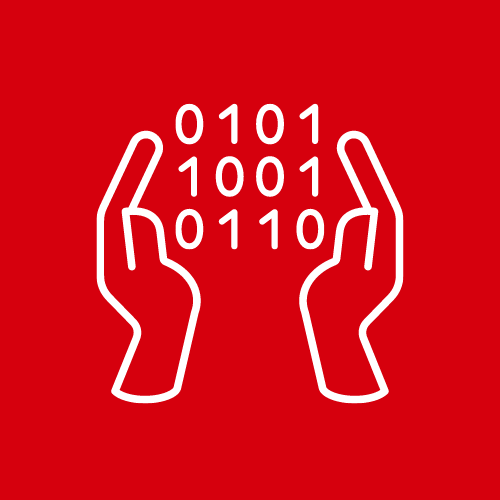How will you manage the legacy of your project, beyond its date of completion?
An effective digital preservation plan is important to ensure your project files and webpages remain accessible, searchable, and usable long after the project ends. Digital documents and webpages can be vulnerable to corruption or deterioration over time, cyber-attack, or discontinued subscriptions. In addition, technology is progressing at such a fast pace, that file formats and software are regularly decommissioned, or updated to a form that can no longer support files saved in older versions. Through human error, files may become lost, or accidentally deleted. If a project has committed to only retaining data for a specified period, then this needs to be managed. Once the funded period ends, sufficient measures will need to be put in place to ensure a project can be maintained over the long term.
Many funding grants have a requirement for a sustainability and preservation plan, to ensure your project continues to remain impactful. There are some simple steps that can get you started with preserving your research data over the long term:
- Save multiple back-up copies across different media
- Save or export files in open-source formats
- Upgrade file versions to ensure compatibility with newest software releases
- Use tools to convert or transform files to alternative formats
- Save files in high resolution, or formats that preserve original layers
- Store an emulator for running legacy files
- Attach descriptive or technical metadata to preserve the context of a file
- Use a tool such as VeraPDF or JHOVE to ensure files are not broken or corrupted
- Scan files to check for viruses
- Share copies of research data on digital repositories such as PURE or UK Data Service
- Set up automated retention triggers? (ask information compliance)
Digital Preservation Coalition
Queen’s University Belfast are Associate members of the Digital Preservation Coalition – a supportive community providing advice and guidance on ensuring sustainable, long-term access to digital content, beyond the limits of technical obsolescence, media degradation and organizational change.
Global organisation working to advance shared standards and solutions, including file identification, characterisation, and validation tools, for the long-term preservation of digital content.
File format identification tool developed by The National Archives
Digital Preservation system with automated preservation actions.
